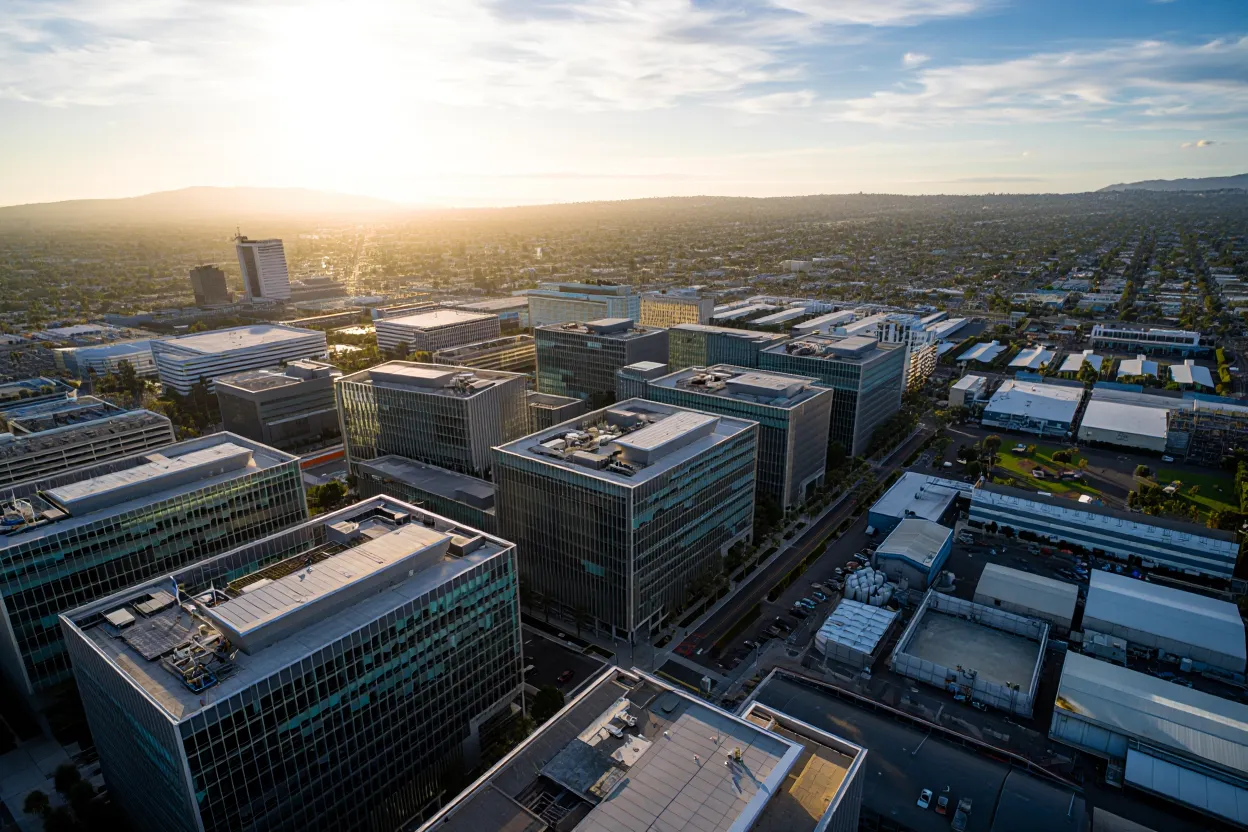- Foreign investment in U.S. CRE dropped nearly 50% YoY in 1Q24, its lowest level since 3Q11.
- International investors spent $14B on U.S. CRE in Q1, down from $27.7B last year.
- Interest from Asia-Pacific fell the most, with some investors shifting focus to U.S. debt funds.
According to MSCI Real Assets data provided to Bisnow, interest from international investors in U.S. commercial real estate has plummeted to levels not seen since 2011.
Waiting Game
This year, foreign investors spent only $14B on U.S. CRE in the first quarter, a stark decline from the $27.7B spent in the first quarter of 2023. The drop mirrors the overall sluggish investment market, with owners hesitant to sell due to low valuations and high borrowing costs.
The dramatic decrease in foreign investment highlights broader challenges in the U.S. market. Jim Costello, chief economist at MSCI Real Assets, explained that current owners are holding off on selling, anticipating potentially lower interest rates in the future—which could yield better deals.
“Unless somebody forces me to, I’m not going to sell,” Costello noted.
Global Shifts
The overall decline in foreign investment is partly attributed to a pullback from Asia-Pacific investors. Many overseas investors are now more interested in U.S. debt funds rather than direct property purchases.
That being said, active investors in U.S. CRE outside of perennial leader Canada have primarily come from Singapore and Japan. Over the past four quarters, Singaporean investors purchased $2.7B worth of commercial properties, while Japanese buyers invested $2.3B. The weakening yen has driven some of Japan’s strong investment activity, making U.S. deals appear more lucrative due to favorable exchange rates.
Meanwhile, many European investors are capitalizing on distressed assets, particularly office properties in major U.S. metro areas. At the end of 1Q24, office sales comprised 28% of all U.S. CRE acquired by foreign investors, up from just 10% at the end of 4Q22. Cities with significant office sector distress, like Manhattan, Boston, and San Francisco, have seen substantial foreign investment.
Notable Transactions
Overall, international investors account for a historically low share of property acquisitions these days, making up just 6% of the total volume in 1Q24.
Significant deals led by billionaires have also shifted the rankings of the biggest foreign investors in U.S. property markets.
Kering, the French parent company of Gucci, purchased three retail condos on Manhattan’s Fifth Avenue for $963M in January, propelling France to the fourth-largest investor in U.S. CRE over the past year.
Similarly, Prada’s $835M acquisition of Fifth Avenue properties elevated Italy to the seventh-largest investor, while Spanish billionaire Amancio Ortega’s $231.5M purchase in Chicago’s West Loop boosted Spain to fifth place.
What’s Next?
Looking ahead, foreign investment in U.S. CRE is unlikely to rebound significantly until U.S. interest rates shift. According to Costello, distress will drive sales until borrowing costs decrease. “People know that at some point, interest rates are going to come down,” he said. “That changes the behavior for both buyers and sellers.”
















